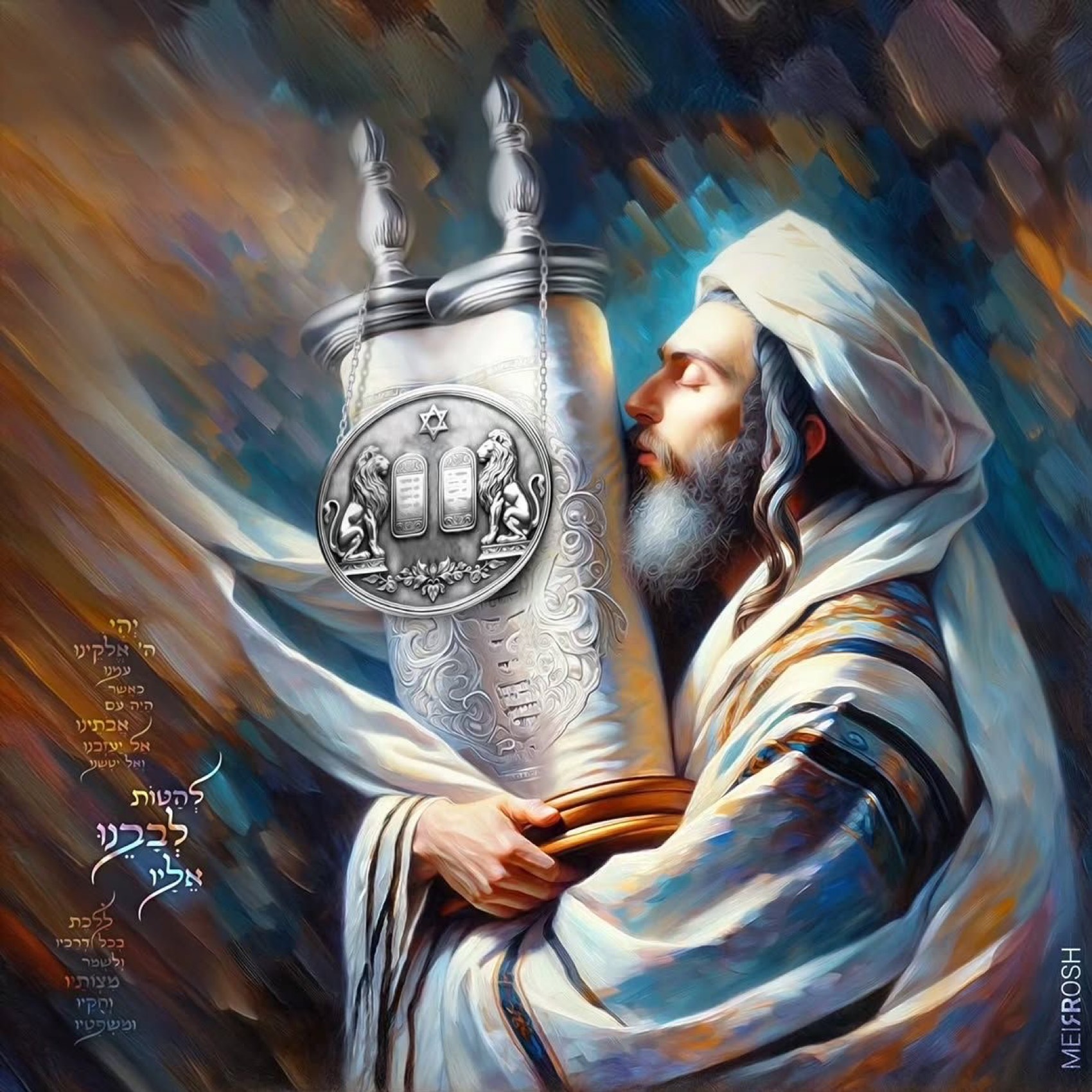Divine Immutability vs. the Trinity: Insights from the Tanakh, New Testament, and Arianism
The statement that “the idea of immutability is at odds with the Christian understanding of God in relation to the Trinity” highlights a profound theological tension.
Let’s explore how this idea interacts with the scriptures of the Tanakh and the New Testament, as well as how it resonates with the Arian perspective.
1. The Tanakh (Hebrew Bible)
In the Hebrew Scriptures, God’s immutability—His unchanging nature—is a foundational attribute. Verses such as Malachi 3:6 (“For I the LORD do not change”) and Numbers 23:19 (“God is not a man, that He should lie, nor a son of man, that He should change His mind”) affirm this stability and eternal constancy. God’s steadfastness is a source of assurance for Israel, emphasizing His faithfulness to His covenantal promises.
The concept of immutability in the Tanakh does not anticipate the idea of God taking on human form or existing in multiple hypostases. Rather, God is portrayed as utterly transcendent and singular in His essence. Consequently, there is no tension within the Tanakh between immutability and any triune nature.
2. The New Testament
In the New Testament, the emergence of Christological doctrines introduces complexity. Jesus is described as the incarnate Word who shares in the divine essence, yet He experiences birth, growth, suffering, and death. These aspects of change—birth, growth, suffering, and death—appear to challenge the absolute immutability of God.
Nevertheless, the Epistle of James reaffirms the unchanging nature of God: “Every good gift and every perfect gift is from above, coming down from the Father of lights, with whom there is no variation or shadow due to change” (James 1:17). This verse highlights the constancy of God’s character, reinforcing the Hebrew Bible’s teaching of divine immutability.
However, the development of the Trinity doctrine complicates this understanding. The human experiences of Jesus—His birth, life, and death—appear to introduce change within the second person of the Trinity, presenting a challenge to the classical notion of God’s unchanging nature.
3. Arian Perspective
Arius, a 4th-century presbyter, rejected the co-equality and consubstantiality of the Son with the Father. Arians asserted that the Son was a created being, distinct and subordinate to the immutable Father. In this view, immutability belongs solely to the Father; the Son, as a created intermediary, is capable of change and thus not truly immutable.
For Arians, the doctrine of the Trinity (as defined by Nicene orthodoxy) appeared incompatible with immutability, because it required that the Son—who was subject to birth, suffering, and death—be fully God. They argued that this compromised the changelessness of the divine essence. The Arian position thus reinforced the idea that the Trinity undermines the classical attribute of divine immutability.
The tension between divine immutability and the Trinity emerges uniquely within Christianity. While the Tanakh affirms God’s unchanging nature without invoking a triune framework, the New Testament presents a divine figure who enters time and history in the person of Jesus Christ. For Arians, this was unacceptable: true divinity, they argued, could neither suffer nor change.
The Arian controversy underscores the vital importance of upholding the scriptural affirmations of God’s constancy and absolute immutability. The radical claim that God Himself took on flesh is, from the Arian perspective, an untenable departure from these scriptural truths.
For Arians, Jesus remains distinct from the eternal and unchangeable God. The immutable Father does not enter into history or undergo change, but rather sends Jesus as the mediator between Himself and creation.
This conviction continues to resonate in theological discourse today, reminding believers to uphold the absolute transcendence and immutability of God the Father, who—unlike any creature or mediator—remains forever unchanged.

